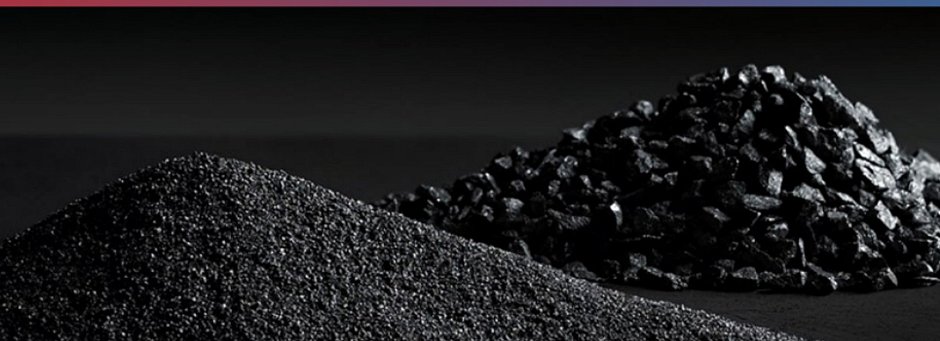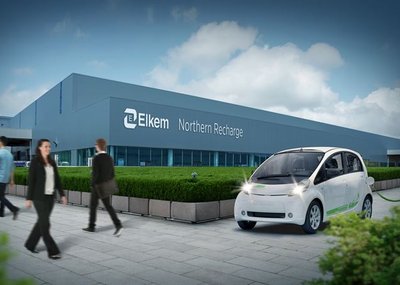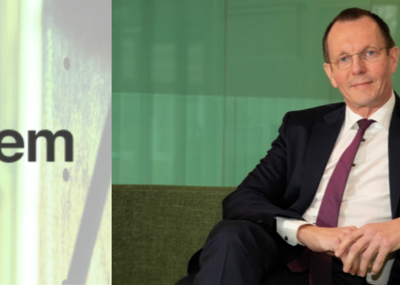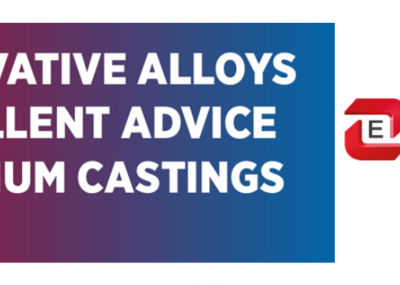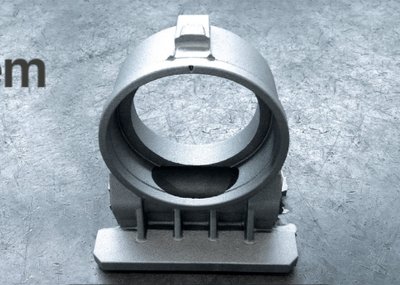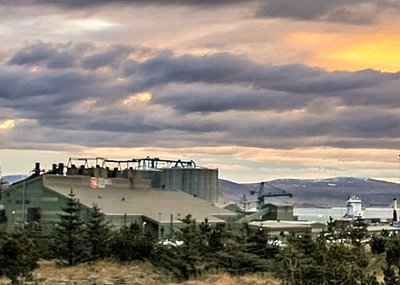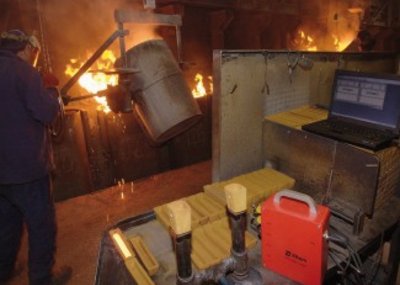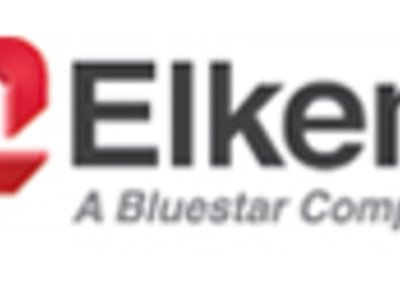In this case, a leading grey and ductile iron foundry experienced some defects and machining issues with their cast products. This defect did not only cause high production costs, but also was a major risk to the foundry’s reputation with their customer.
Background
The customer is a leading grey and ductile iron foundry. They specialise in producing automotive, agricultural, earthmoving and engineering castings for the global market. Previously they worked with a competitor’s inoculants and nodularisers.
At that time, they experienced issues with machining their cast products. Together with their customer, they contacted Elkem and asked for support.
Challenge
The problem was a micro porosity defect which caused leakage. The defect was only found after expensive machining. They had to use chills to minimise the defect which required extra time and manpower for the setting and maintaining the chill material. Due to the chill application and variation in micro structure, there was a poor machinability and the total rejection rate was as high as 6 % of the entire production.
This defect did not only cause high production costs, but also, was a major risk to the foundry’s reputation with their customer.
“When we were able to reduce the rejection rate by two thirds, we not only became much more profitable, we were also able to regain valuable trust from our customers.“
Solution
Elkem technicians spent 6 man days with the foundry staff conducting a thorough process audit in order to evaluate the problem. After an in-depth analysis of the metallurgical issue in the plant, further work was conducted in one of Elkem’s regional research labs.
The results indicated a necessary change of alloying materials. Elkem technical staff performed a trial with Lamet® as nodulariser and Ultraseed® Ce as instream inoculant.
Results
After changing to the recommended use of Lamet® and Ultraseed® Ce MSI, the foundry saw significant quality improvements:
- Leakage and porosity defect were eliminated
- Rejection rate went down from 6 % to 2 %
- Hardness variation could be minimised
- Machinability and microstructure were improved
- Over 30.000 € per year could be saved

